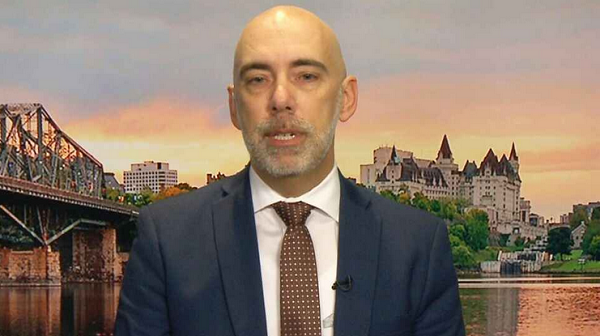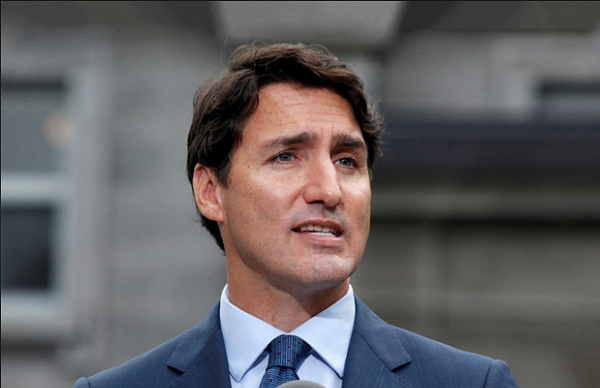PBO says capital gain tax change to bring in $17.4-billion over five years
The Parliamentary Budget Officer estimates that changes to the taxation of capital gains will generate $17.4-billion in revenue over five years – $2-billion less than the federal government signalled in the spring.
In a report published Thursday, the PBO said that corporations would account for roughly two-thirds – or $11.7-billion – of the increase in tax revenues over the five-year span, with the remainder coming from individuals.
In its April budget, the federal government announced that it was raising the capital-gains inclusion rate to two-thirds from 50 per cent for corporations and trusts, and for individuals on the portion of gains above $250,000 in a given year. The policy went into effect on June 25.
Capital gains are realized from the sale of properties, stocks and other assets for more than the purchase price. (The sale of a primary residence is exempt from capital-gains taxation in Canada, so these changes pertain to cottages and investment properties.)
“We have assumed a certain degree of responsiveness from taxpayers that reduces the realization of capital gains in the next few years,” said Govindadeva Bernier, director of budgetary analysis at the PBO, in an e-mail.
He said people could defer the sale of assets, “maybe in the hope of an eventual reduction in the inclusion rate.” People may scale back purchases of assets that could generate capital gains in the next few years, while others may spread those gains over several years to remain under the $250,000 threshold.
Still, the PBO report says there is “uncertainty” in making these calculations: “Capital gains are more volatile than other types of income, which makes them difficult to predict, as they are influenced by numerous factors such as market conditions, economic cycles, and changes in tax policy.”
The changes to the capital-gains inclusion rate have sparked a rigorous debate. Technology leaders have been outspoken critics of the move, saying it will discourage investment and entrepreneurship.
The federal government has said the changes would affect a small share of people and help to fund its policies to boost home construction.
The PBO calculations assume that some corporations and individuals sold capital assets during the 10-week window between the announcement of the higher inclusion rate and it taking effect. This helps to explain why the estimated increase in tax revenues is higher this fiscal year than in the following four years.
This article was first reported by The Globe and Mail











